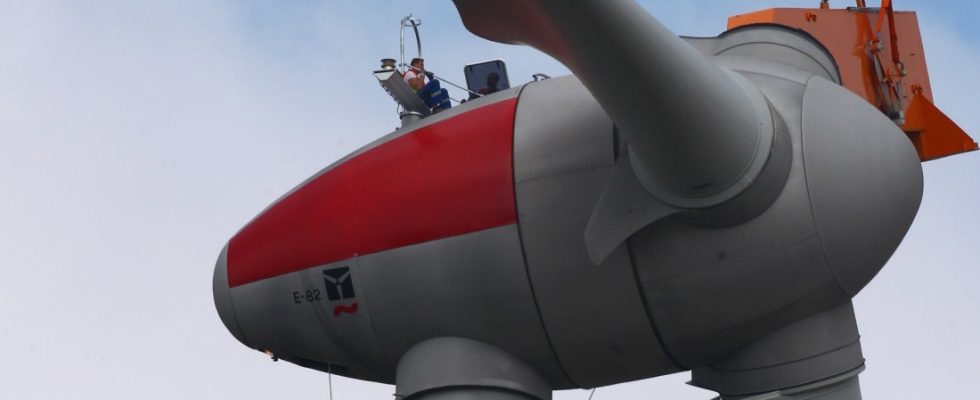Munich’s appeal to tech companies can be celebrated or feared – in any case, it does not prevent the state capital from being defeated in location competition. A current example from Sendling is all the more painful because not only are numerous jobs threatened to relocate here, but also valuable specialist knowledge for the optimization of regenerative energy: the wind energy group Polytech bought a successful sensor technology start-up founded in 2010 almost three years ago and is now planning the complete relocation to the Danish headquarters. In the commercial park at Thalkirchner Straße 210, the remaining 45 employees may lose their jobs after the new owner has already severely reduced the workforce from up to 120 full-time and part-time employees.
Under the name fos4X, the company started in 2010 as a TU spin-off, specializing in sensors that can be installed inside wind turbine rotor blades using fiber optics or glass fiber technology and measure minimal deformation. Among other things, the technology can detect icing and thus protect the surrounding area from ice impact. Above all, however, it helps to make the systems more efficient over their approximately 20-year service life through optimized angles of attack and to increase the economic and ecological benefits.
So far, software and hardware have been tested on the Sendlinger premises, which, unusual for the tech industry, is embedded in a lively residential area and also close to the Isar. The company is one of the top players in its field worldwide, even if it is located away from the large wind farms and industry strongholds in northern Germany. Christine Heimerl, head of the works council, assures us that there is no technical reason for the move.
In order to function in the rotor, the sensors have to fit in handy boxes anyway, which can be exported anywhere in the world without special logistics, if necessary by parcel post. In any case, there are no overnight special transports over closed roads, as is associated with the industry. Wage costs are also unlikely to have played a role: the average Danish salary has been around a third higher than the German figure for years. The workforce set up its own employee representative body a year ago. A year and a half earlier, Polytech had taken over the predecessor company, whose founder Lars Hoffmann had already made sales plans public in 2017. In the newly named company “Polytech Wind Power Germany”, the managing director was “very rudely dismissed” as Christine Heimerl recalls.
The subsequent wave of layoffs cost around ten percent of the workforce their jobs. In a second wave, the company mainly separated from its aftermarket department, i.e. those employees who had organized the subsequent installation of the sensors in existing wind turbines. The Munich team leaders were eventually replaced by Danish superiors. As a result, the company was increasingly “eroded” in a “demoralization campaign,” says Heimerl. It remains to be seen whether the slowdown in the industry really makes the cuts necessary.
Will not give up without a fight: Christine Heimerl, chairwoman of the works council, and her deputy Anton Groethuysen.
(Photo: Robert Haas)
Heimerl is more optimistic than the Polytech line. Even if the expansion of wind power in Central Europe has slowed down, the sensors should continue to be sold worldwide. In addition, according to the head of the works council, the early wind turbine generations are getting on in years and are either being replaced for reasons of age or replaced by larger, more profitable models. The group left an SZ request unanswered. Instead, in a press release published in mid-April, he defended his “strategic decision” to integrate the sensor technology into the Danish site, citing June 30 as the date of closure.
Heimerl calls it a “provocation” that is only aimed at entering the settlement negotiations with a maximum demand. Polytech announced behind the scenes that it would terminate the employment contracts at the end of June, effective September 30. The parent company has not yet made any suggestions for a social plan or severance payments to the workforce. Heimerl also knows nothing about offers to move. Apart from the fact that the company’s headquarters are in an unattractive rural area on the west coast of Denmark, the group’s management has shown no interest in taking on employees in Munich.
They hope for help from the Economics Department
In Sendling, it is therefore doubted that the new owners were ever concerned with much more than the patents. The closure of the business is damaging the city and the district in terms of social and location policy, emphasize Heimerl and her colleagues. In order to save what can be saved, they have now, among other things, issued a protest note and are asking the people of Munich to sign their support. They have also made contact with the district committee and city councilors from various factions and are also hoping for help from the Munich Economics Department.

